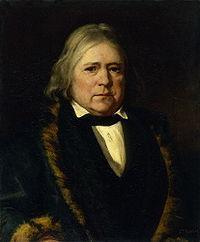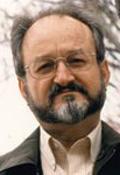1812 - 1882 Person Name: T. O. Summers, D.D., LL.D Author of "Nearer, my God, to thee" in Prayer and Praise Summers, Thomas Osmond, D.D., LL.D., son of James Summers, was born near Corfe Castle, Dorsetshire, England, Oct. 11, 1812. Proceeding to the United States in after years, he was admitted to the Baltimore Conference in 1835. From 1840 to 1843 he was a missionary in Texas; removing to Tuscaloosa, Alabama, 1844, and Charleston, South Carolina, 1846. From 1845 he acted as Secretary of the Conference of the Methodist Episcopal Church, South, and was also Book Editor. Subsequently he was Professor of Theology and Pastor of Vanderbilt University. He was Chairman of the Hymn Book Committee of the Methodist Episcopal Church, and edited the Songs of Zion, 1851, and the Wesleyan Psalter, 1855. He died in May 1882. Dr. Summers is the author of several original works, and of the following hymns:—
1. The morning bright, With rosy light. Morning.
2. The daylight fades, The evening shades. Evening.
Concerning these Morning and Evening hymns Dr. Summers says:—
”My first child was born in January, 1845. When she was about a year old, as I was descending the Tombigbee River in a little steamer, I wrote a morning Hymn for her on the back of a letter, transcribed it when I reached Mobile, and sent it to her at Tuscaloosa. That was the origin of ‘The morning bright.' When editing the Southern Christian Advocate, I put it without name in the Child's Department. It was copied into the religious papers generally, and into books. My second child was born in 1847, and for her I wrote ‘The daylight fades,' as far as I can recollect, about 1849. . . . Both of these children for whom they were written are now singing hallelujahs with the angels." (Stevenson's Hymns for Church & Home, Biog. Index, 1873.)
These hymns have attained to great popularity as children's hymns, and are found in numerous collections both at home and in Great Britain. The 3rd line of stanza i. of the Morning Hymn should read: "Has waked me up from sleep," and not as found in many collections. [Rev. F. M. Bird, M.A.]
-- John Julian, Dictionary of Hymnology (1907)
Thomas O. Summers


 My Starred Hymns
My Starred Hymns



